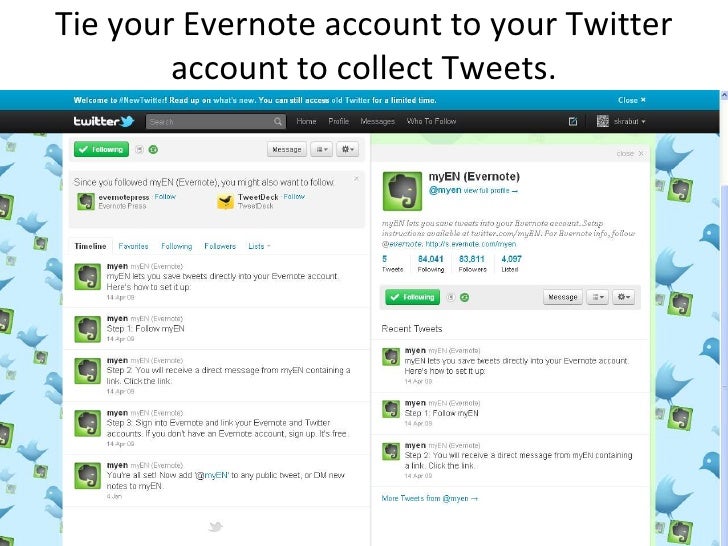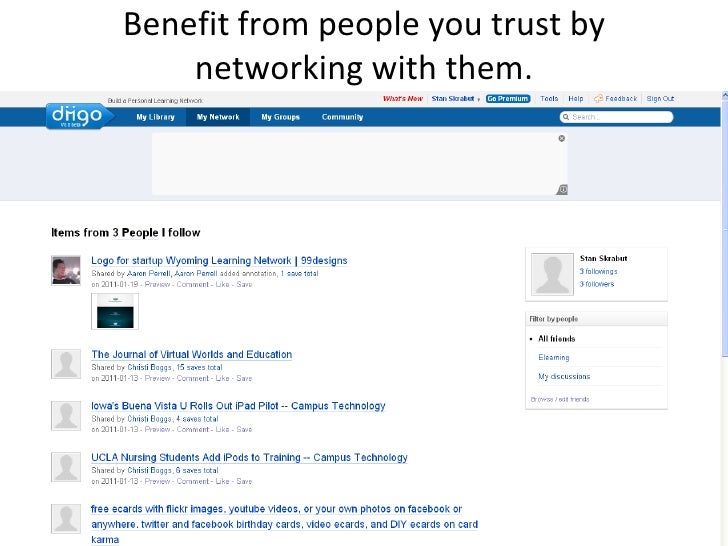- Zotero is great for genealogy for all of these reasons and more: It is free, with the stability and support of a university backing it up. Even if you are syncing to the Zotero cloud, you can do that for years on free storage, before you have to buy some. And when you do buy storage, it’s inexpensive and unlimited.
- Balancing the need for intra and extratextual annotation with the sort of citation tree I covered in the last video, gives rise to a new set of infrastructur.
- Why and How I use Zotero for Academic Writing comparison with EndNote + Mendeley #Zotero #CrossRef (Long Title)A Reference Manager is another essential too.
- 1 Export Zotero to Evernote. Create a folder labeled “Zotero” on your computer. To export the Zotero Library, open Zotero Standalone, select “File,” and then click “Export Library” to open the Export dialog box. Select a file format, click “OK,” locate and select your Zotero folder, and then click “Save.”. To export specific items, select an item from My Library list - or press “Ctrl” and select multiple items - right.
This is a guide to bibliographic data formats that Zotero can work with. Most of these formats can be imported directly by Zotero, and some can be exported as well. Others are used only in conjunction with site translators and cannot be imported or exported directly. For information on getting records into your library by using these import.
You cannot go wrong choosing any of the tools, but it helps if you take a few things into consideration before starting. Remember that you can switch between the tools, it just becomes less convenient the longer you use a tool and the more file attachments you collect.
Some reasons to choose Zotero:
- It gathers citation records for non-PDF and PDF content. Zotero's single-click capture works with many databases and websites, and works well with many catalogs, including WU Classic, MOBIUS, and WorldCat (FirstSearch interface)
- You can also enable the retrieval of PDF metadata, which allows you to create citation records just from dragging a PDF into Zotero.
- Zotero is open source and cannot be acquired by a company.
- *Pricing structure: Zotero follows the 'freemium' model: 300 MG for the free version with additional storage available for purchase
- For continuously updated Zotero information, downloading, and excellent help pages, and forums, check their website: https://www.zotero.org/support/.
- WUSTL Libraries has a helpful Zotero guide. In addition, the Libraries have more support available for the Zotero program. To make an appointment for help, see Zotero Help appointment button on your left.
Some reasons to choose Mendeley:
- Your research content is primarily contained in PDF files: Mendeley has an integrated PDF viewer and can create citation records just from importing a PDF file. Mendeley.org has the strongest website and community platform.
- Mendeley’s PDF viewer has excellent, easy-to-use, built-in capability. You may also edit with another Mendeley user simultaneously.
- Mendeley is owned by the for-profit publishing company Elsevier.
- *Pricing structure: Mendeley follows the 'freemium' model: 2 GB for the free version with additional storage available for purchase
- For continuously updated Mendeley information and excellent help pages, check their website: https://www.mendeley.com/guides.
Some reasons to choose EndNote:
- Zotero and Mendeley are relatively young tools when compared to EndNote. EndNote X9 offers some additional features that might be necessary for your discipline and work flow.
- There are two versions of Endnote -- a stand alone desktop program and EndNote Online, a cloud-based version. If you want to use both, they can be synced so that you have the same references (from a single desktop library) in both places.
- However, EndNote X9 is not free but can be purchased with a significant educational discount through the Washington University STS. Currently, EndNote for WUSTL students for $24. For purchasing information, go here: https://sts.wustl.edu/sas-mathematica-and-endnote-for-students/.
- For additional info, help pages, and videos about Endnote X9, check their thorough company guide: EndNote X9: https://clarivate.libguides.com/endnote_training/users/enx9
- To establish your free Endnote Online account use the following steps:
- Go to the Web Of Science from a computer connected to the campus network
- Click on the EndNote link at the top right of the page
- Click register on the pop up window
- Storage limit: EndNote online via the Web of Science provides 2GB of storage with upgrade packages available.
- Scroll down on this website to see a comparison of the two EndNote options: https://endnote.com/product-details/basic/
- This guide at WUSTL’s Becker Medical School is also a helpful resource.

I interviewed the author of this guest post, Donna Cox Baker, in my How They Do It series last year. In it, she mentioned she used Zotero, which I had not been familiar with, to organize her genealogy research. I asked her to write a guest post about Zotero and here it is! I haven’t checked out Zotero yet, but I very much appreciate reading Donna’s perspective as a Zotero power user. For more information, check out Donna’s book, Zotero for Genealogy.
I want to thank Janine for offering me the chance to expand on the wonders of Zotero. It is the core of my genealogical research, as it once was in my doctoral research.
With thousands of resources to cite in my doctoral research, Zotero sold me the minute I experienced the “Zotero Connector” add-on. The connector is an extension for web browsers that allows you to click a single button and extract citation data from any number of places it appears, even Amazon. The citation for virtually anything that appears in a library catalog online can be stored in your Zotero database in less than a second.
Through another extension, Zotero can be linked to Microsoft Word. You can create your footnotes and bibliography straight from Zotero, letting it format the citation.

Discovering Zotero for genealogy
Well, that was graduate school. Within minutes of finishing the dissertation, I had pulled out my long-neglected genealogy box, and got back to the thing that first made me care about history.
Our family tree solutions—like Family Tree Maker, Ancestry.com, Legacy, RootMagic, MyHeritage, and so forth—give us adequate ways to document individual facts. We add a birthdate to an ancestor’s profile and cite the source. But research—what I call Big-R Research—starts way before the individual facts and goes much bigger than an isolated birthdate.
Genealogists have file cabinets full of Big-R Research, if we’re doing true family history, and not just filling in the blanks on a chart. We want to know about where our people lived and how they lived. We want road maps of their communities and the minutes kept at their church’s business meetings. We want photographs and letters and court transcripts that fill in the story. Our research can fill a room.
It doesn’t have to fill a room, though. It can take up gigabytes, instead. But we need a tool to store and retrieve it. My search for a proper Big-R Research tool began.
I tried OneNote, then Evernote, but I continued to feel a nervous sense of distrust. Would the structure hold together? Was it portable to other tools?
Then it hit me. I already had the tool I needed. It was tried and sure. It was both structured and flexible, controlled but expansive. Zotero would be great for genealogy!
Before I get into the reasons it is great, let me be transparent in this: it was not made for genealogy or by genealogists. I’ve developed tweaks here and there to deal with the differences between history and genealogy. You will not dump perfectly formatted Evidence Explained citations from Zotero (or most other tools I’ve tried). But you can come pretty close. And I’m working on some technical tweaks that will get us even closer.
Why Zotero matters
Zotero Evernote Integration
Zotero is great for genealogy for all of these reasons and more:
- It is free, with the stability and support of a university backing it up. Even if you are syncing to the Zotero cloud, you can do that for years on free storage, before you have to buy some. And when you do buy storage, it’s inexpensive and unlimited.
- It provides the structure missing from tools like OneNote and EverNote, but brings substantial flexibility, along with the structure.
- It can add most catalogued online source citations to your Zotero library with one click.
- It can organize and provide one-click access to the thousands of documents, spreadsheets, photographs, and other files you have saved to your hard drive. In essence, it can draw all those files together into a uniform, organized system. Zotero becomes your door to all you have collected.
- It allows you to create a record once but to file it in as many folders as you want without taking up significant extra space. You make a change once, and it changes in every folder.
- You can find things rapidly, even if you only have vague memories of having long ago found a document that might be of use in solving a new genealogical problem.
- It will sync to the cloud, allowing you to access your work at Zotero.org, wherever you have Wifi access.
- It can replace your to-do list and your research log with something more efficient and always accessible.
- It allows you to set up group arrangements, so multiple people can collaborate together on a research collection.
- It can import from and export to a number of other bibliographic managers or databases, making it portable and survivable in a changing world.
- And while you are in Zotero every day anyway, why not store personal things there? How about storing recipes, your journal, articles about financial management in retirement. It can be your photo album. It can even store every article coming out of an RSS feed you have subscribed to.
Giving it a try
Zotero App Download
Since Zotero is free, you can try it with no risk. In fact, I encourage you to take up the challenge I offered to the readers of The Golden Egg Genealogist blog not long ago. I asked them to test out the one feature that sold me utterly and forever on Zotero: its ability to grab citations from online sources like Amazon and your local library catalog. Here’s the article: Instant citations: Zotero’s magic bullet.
I’ve also set up an online discussion forum at the Zotero for Genealogy website. It is growing fast, and we are teaching each other how to handle citations and research organization with maximum efficiency. Join us there for free.
If you want guidance in the use of Zotero, I have written the book I wish someone had given me ten years ago, as I struggled to organize my history research for school. It’s called Zotero for Genealogy: Harnessing the Power of Your Research and debuted in January 2019 as Amazon’s “#1 New Release in Genealogy.” You can find it on Amazon or at my online store. In fact, there is a free excerpt of the book there, if you want to check it out.
Endnote Vs Zotero Vs Mendeley
I hope to see the field of genealogy moving to Zotero in large numbers. Give it a try!
